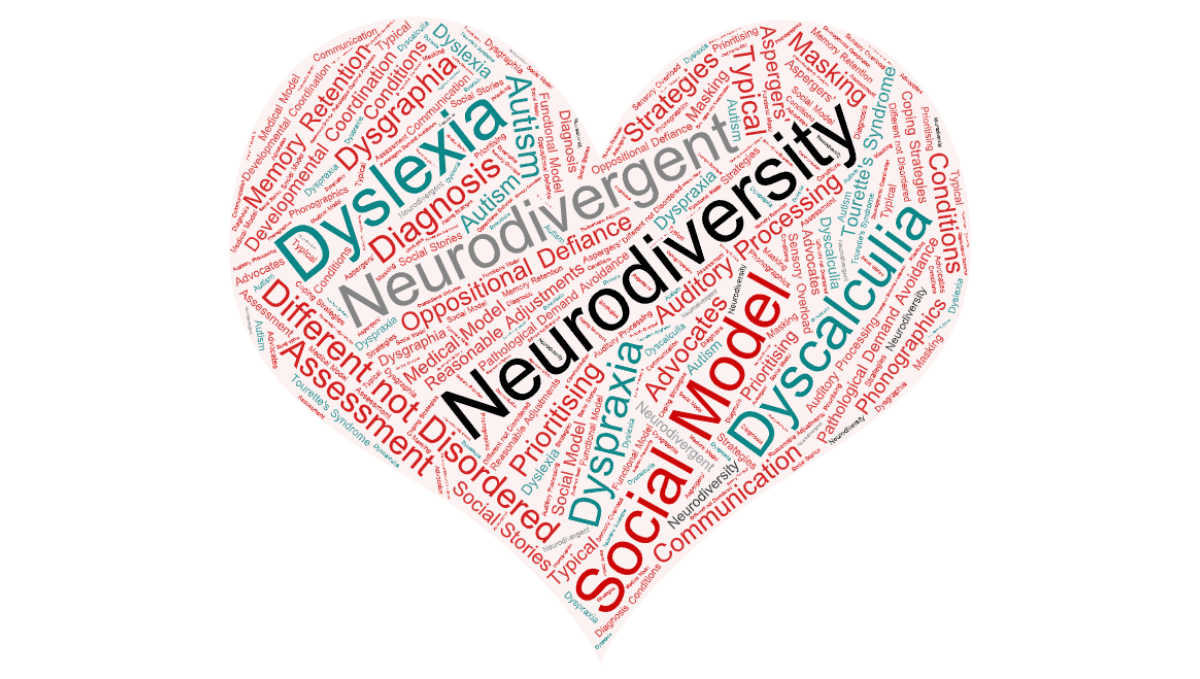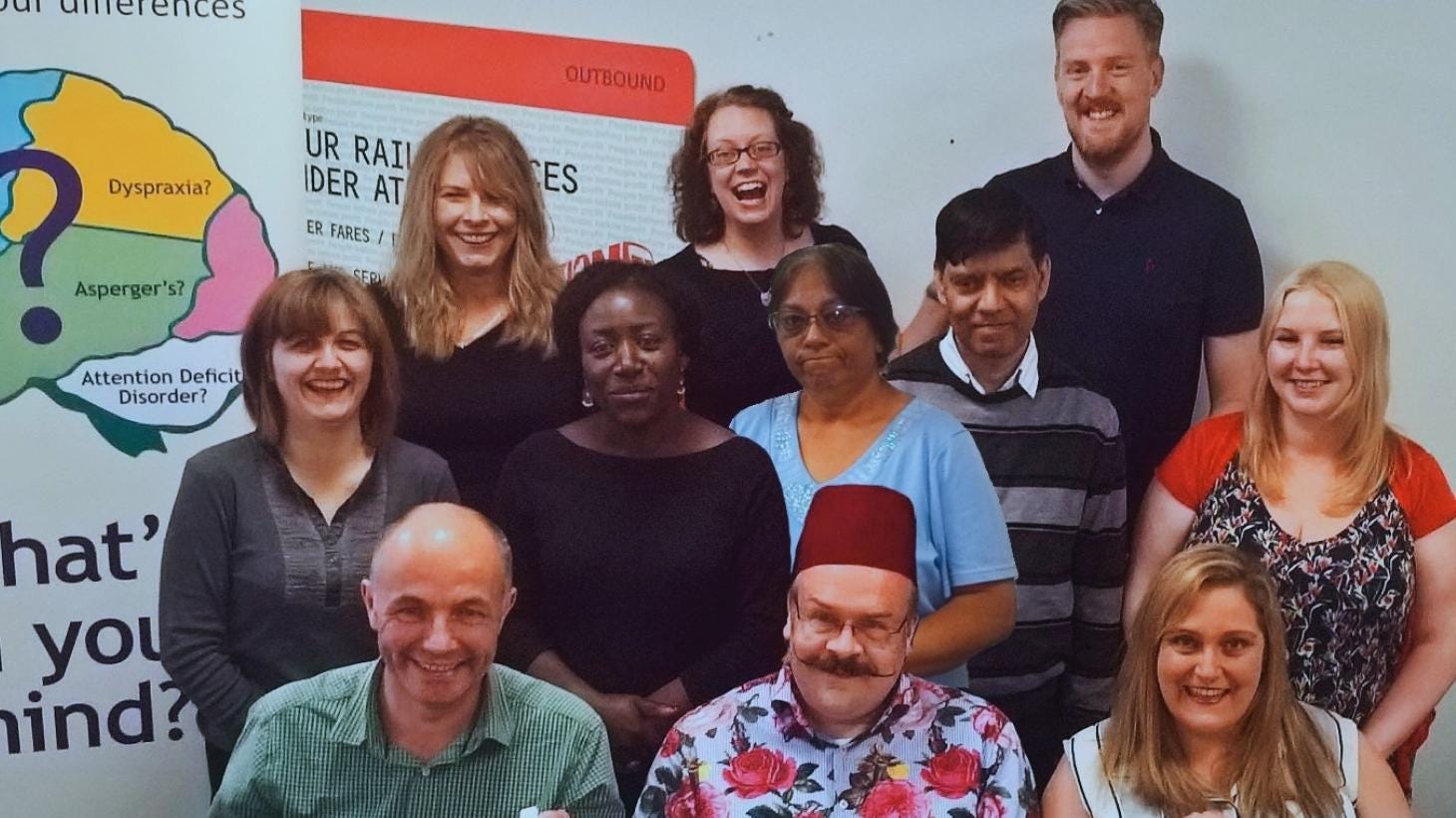
Neurodiversity bargaining standard
Find out about TSSA's neurodiversity bargaining standard

TSSA advocates for the acceptance of neurodivergent members within the travel and transport industries and across society as a whole.
TSSA supports the adoption and practice of a ‘social model’ to ensure that workplaces are able to have a fully diverse and welcoming workforce. This model improves productivity and retention and creates more effective and empathetic managers. Companies that do adopt strong neurodiversity inclusion can also demonstrate a meaningful commitment to their social impact within the community.
Neurodiversity as a term has been in use since the 1990s. It is used to describe a group of conditions which correlate to how the brain is wired. For this reason, they are covered under the Equality Act 2010 as a disability.
Just as with everything in nature there are many different aspects to each condition both positive and negative. None of which are related to intelligence. For more information click on the links below
Find out about what TSSA does on neurodiversity and the practical help we can give to members.

Find out about TSSA's neurodiversity bargaining standard

Find out how TSSA supports members with neurodiverse conditions

Find out about TSSA's work with employers on neurodiversity, including case studies and policies

Find out about how TSSA supports you with training on Neurodiversity
TSSA defines neurodiversity as a set of conditions for which the brain is wired differently. Unfortunately, diagnosis usually comes with a label that includes the work ‘disorder’, a terminology that creates negative assumptions and prejudices. The attitude is reinforced by media representation.
It is best to view ND conditions as a normal part of a DNA diverse society. A society that needs all forms of diversity (including neurodiversity) to fully function, thrive and grow. TSSA advocates and actively work with the travel and transport industries, communities and activists to change attitudes and practices so that the impact of ND conditions are reduced and the strengths are brought forward. TSSA employs various people with differing ND conditions, one of whom heads up the national neurodiversity project.
It is useful to think of neurodiverse conditions as a set of ripples in a pond where you can’t have the next ripple without the preceding one. Like the ripples, you can have one neurodiverse condition and elements of the preceding one. This is why many people are diagnosed with more than one neurodiverse condition (co-occurring).
Find out more detail about neurodiverse conditions - understanding is important so please do dip into these guides.

Find out about dyslexia

Find out about dyscalculia

Find out about dyspraxia

Find out more about Tourette's Syndrome

Find out about Attention deficit (hyperactivity) disorder AD(H)D

Find out more about autism
If you are a TSSA member and are looking for advice or assistance in connection with your employment or membership, you can contact our Members’ Helpdesk.
We can advise on a range of workplace issues including; discipline and grievance hearing, maternity rights and redundancy.
Helpdesk opening hours: 09:00 - 17:00 Monday - Thursday | 09:00 - 16:00 Friday
Please note: we cannot undertake to provide advice to non-members, to members of other unions, or to members on behalf of their partners/friends. If you are not yet a member, please join TSSA online.